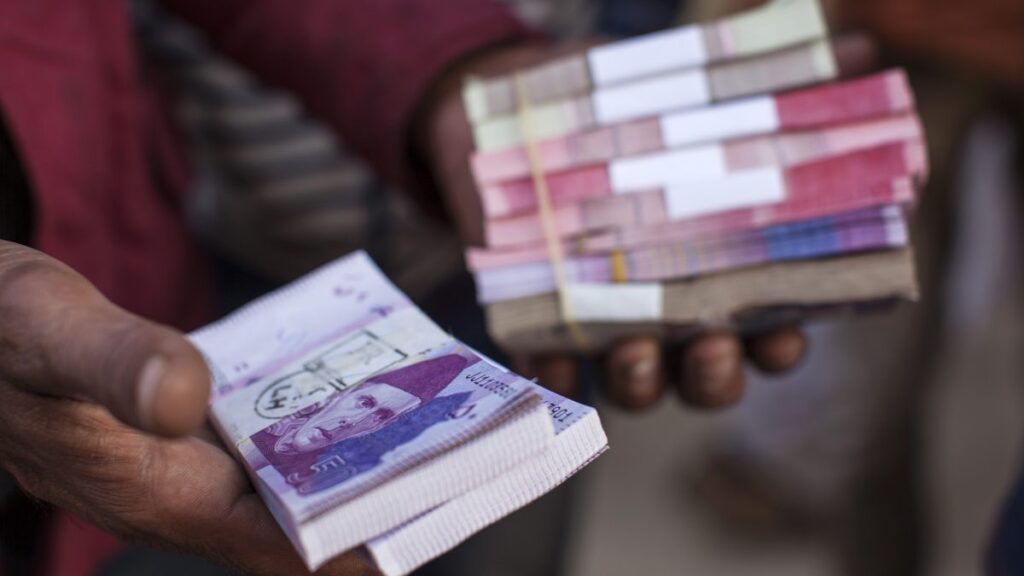Masab Ahmed
Born out of a catastrophic Partition of the subcontinent, Pakistan immersed became an ideological state with an existential crisis. The argument was that with a colossal neighbour was ready to obliterate Pakistan’s very fabric and that in the infamous Guns versus Butter debate, the country had to choose the former.
What does this debate entail?
This was an ensuing topic for much of the country’s earlier years of existence with its military establishment and civilian leadership often at crossroads with one another over the allocation of scarce resources.
Fast forward to today and we find ourselves in shambles. Inept politicians, self-serving sycophants and trickle-down corruption on a bureaucratic level has reduced Pakistan to comparisons of countries likes Congo, Sudan and other dysfunctional African states in terms of the Human Development Index.
Overlooking the state’s sheer impotence in providing the most basic of amenities, we need to cross the Rubicon and look at the bigger picture. All western countries which we look up to only became what they are today because of mobilization of all resources on health and education.
Another emerging superpower, China, was an opium-laced nation just half a century ago but progress in its state’s ability to provide basic amenities ensured that it continues to evolve and become the formidable dragon that it is today. The Chinese model focuses on the state’s relentlessness and requires absolute subservience of its people. But a state is only as strong as its people and an educated workforce with better access to health results in a powerful citizenry in tune the operations of the state.
Pakistan has continued to falter despite the return of democracy. All the budgets presented by the PPP, PML-N and now the PTI governments have been a sorry-tale of capitulation to vested interests.
Despite the extraordinary concession of freezing the country’s massive defence budget granted by the country’s perennial power player, the military, the country still suffers from cognitive dissonance when it comes to doling out big money for patronage and re-elections versus the perpetual health and education conundrum.
Even after setting the COVID novelty aside, the country is set to suffer from further dwindling fortunes partly because of a population bulge, water scarcity by 2030 and add to this a relentless debt cycle after every five years, turning these negative indicators into a grand looming recipe for disaster.
The budget promises little respite for the oppressed and marginalized sections of the country vis-a-vis the COVID-19. The eastern border is already lit-up with paltry exchanges on the Line of Control although ironically the archenemy itself is in a Pakistan-esque replication after toying with religious and social fanaticism, taking a severe hit on its gigantic economy.
It would be wishful and simultaneously myopic to consider that this year’s budget would be better than what Hammad Azhar presented last year as our economic growth in 2020 is set to contract even further. Small steps such as decreasing wasteful expenditures can still be taken as we need to remember that Herculean tasks require patience (Google up the time lapse between when Lincoln abolished slavery and when did the first person of colour became eligible to vote!)
The state has shown tremendous resolution and application to get things done once it sets its sights on an ordained goal. Be it the war in Swat or South Waziristan or even an exercise as minute as the national census, the state has lived to fight for another day. The same resolve and application is needed to not only ensure an increase in these sections of our annual fiscal budget, but also to ensure the implementation of: an increase of schools and hospitals at the tehsil-district level change all over the world is always organic and indigenous.
The Students’ Herald News Desk focuses on reporting the latest news regarding student politics and campus updates to you.
The News Desk can be reached at admin@thestudentsherald.com




